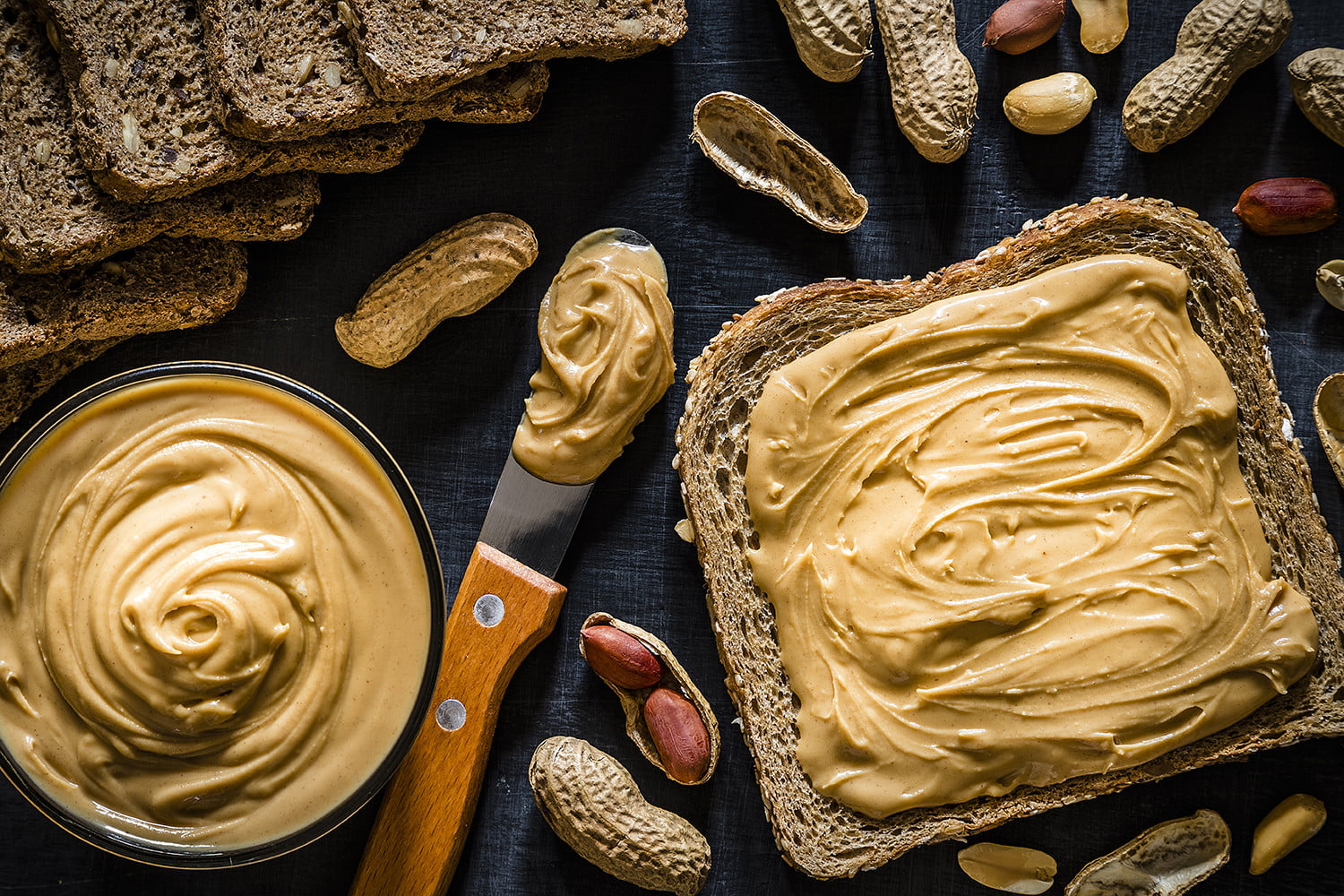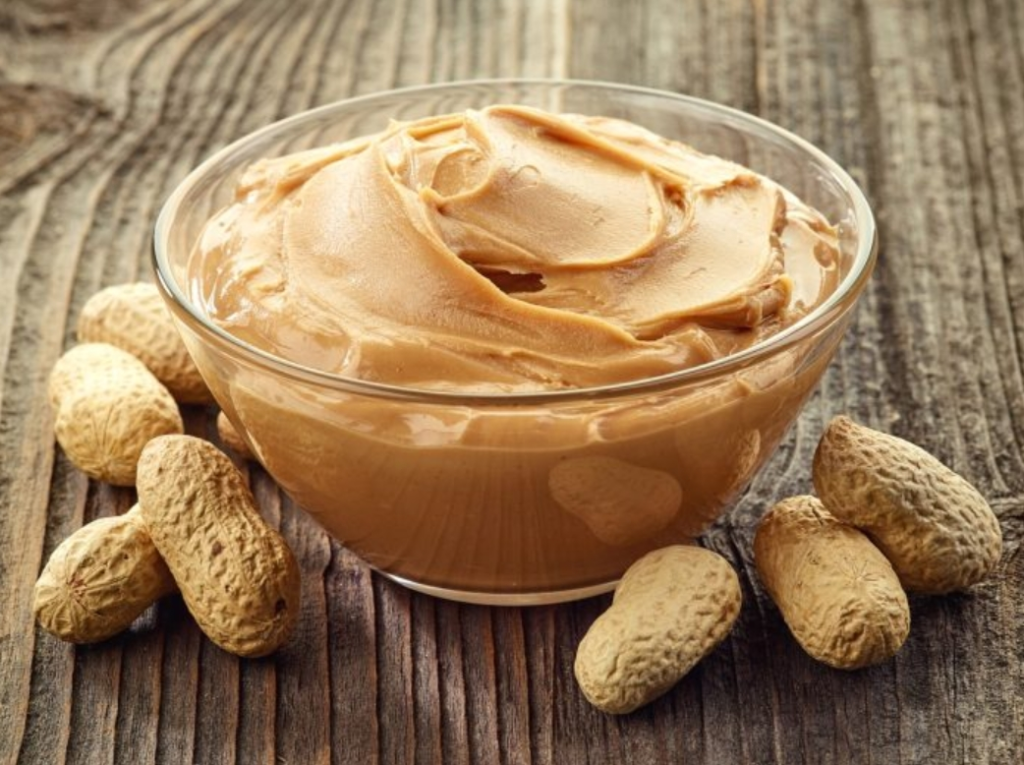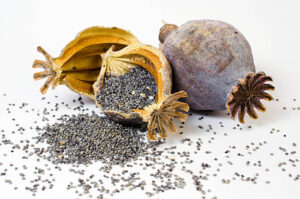
Peanut butter is considered one of the most popular breakfast spreads, which is very versatile. It can be used as a slice of bread as a go-to breakfast option, or you can add it to a granola bar and consume it in the form of a snack. Along with this, it is known to have many nutritional and health benefits. But there are lesser-known facts about its cholesterol content and whether it is good for you. This article covers just that!
INTRODUCTION TO PEANUT BUTTER
Peanut butter is a type of spread that is made from dry roasting peanuts. 90% of the entire peanut butter contains peanuts while the remaining 10% contains vegetable oils, corn syrup, salt, and dextrose. These increase the flavor and improve smoothness of the butter. The reason why it is consumed worldwide is because it is packed with nutrients. Additionally, it is also used as a substitute of milk, as it has a low-calorie content as well as a high-protein value.
CHOLESTEROL AND PEANUT BUTTER
Foods that are high in fats often contain cholesterol. But it does not necessarily mean that if a product contains increased number of fats, cholesterol is present. Generally, it is present in animal products including meat. Plant-based products contain a very little amount of it. Nuts are rich in fiber, protein, antioxidants, vitamins, and minerals. Some nuts like walnuts are also rich in omega-3. Most nut-butters are free from cholesterol, and are filled with nutrients which makes them heart friendly.
As there is no real cholesterol content, having a moderate amount of peanut butter is fine. However, most people don’t consume a handful of it and overdo it, which can pose as harmful. It contains both saturated and unsaturated fats, in great amounts. Along with that it is also high in calories and salt. Hence. it is advisable to consume only the required quantity.
CALORIE CONTENT OF PEANUT BUTTER
On an average, peanut butter contains about 190 to 200 calories for two tablespoons. As it is high in calories, make sure you consume it moderately. While buying peanut butters, make sure the cholesterol value is 0%. Nut butters are cholesterol-free so if at all you see a value with increased percentage of it, don’t buy the product as it may contain added preservatives. Another thing to keep in mind while buying a peanut butter is to check the nutritional profile. Choose the one which is closed to the ‘made with 100% peanuts’ mark.

PEANUT BUTTER HEALTH BENEFITS
- Peanut butter plays a huge role in weight management. It curbs appetite due to its high-protein content. This prevents you from eating in between meals which aid in losing weight. If you are someone who is looking to gain weight, peanut butter can be your choice too. It has an increased number of calories which is crucial for anyone who is trying to gain weight.
- If you need instant energy in the middle of a hectic Monday, peanut butter is here for you to promote energy levels. They contain healthy fats which stabilize insulin levels hence providing you with energy for a longer time. You can have it before your workout for a quick boost. Even better is you have it first in the morning with your breakfast to kickstart your day with tons of energy.
- With thorough research it is proven that daily intake of peanut butter can reduce the risk of heart diseases. This is due to the presence of vitamin E and magnesium in it which control the rate of cardiovascular diseases. However, limit overconsumption of peanut butter, as that may lead to increased calorie intake and weight gain.
- There are beauty benefits of peanut butter as well. It contains vitamin E and B12 which can nourish your skin. They also contain anti-oxidants which petrify your skin and add a glow to your face. Additionally the nuts in it contain biotin, which is in vitamin B. This leads to a healthier scalp and promotes hair growth.
PEANUT BUTTER ALTERNATIVES
If you are someone who is allergic to peanuts, you need not worry, With the growing awareness of nut butters, more and more kinds of nut butters are coming in the market. Almond and cashew butters are also available. The only difference is that the main nuts are replaced with almond and cashew. The nutritional profile and calorific values remain the same. Many people consider nutella as an alternative but that is generally not recommended as they have limited nutritional benefits as well as very high calorie values.
BOTTOM LINE
Peanut butter is extremely versatile and can be consumed in the form of granola bars, sandwiches, and toast as well. They are excellent energy boosters and are cholesterol-free which makes them ideal for all kinds of diets. Make sure you check the nutritional tag before buying the peanut butter of your choice. Lastly, do visit our website foodvez.in for more insights on health and health products.



